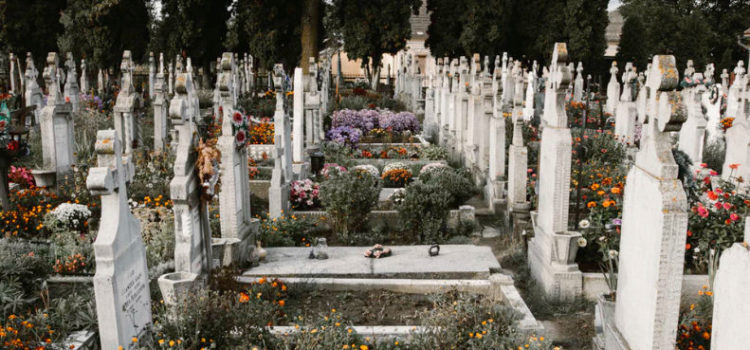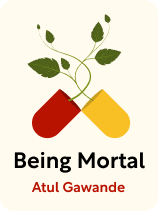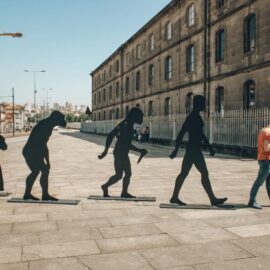

This article is an excerpt from the Shortform book guide to "Being Mortal" by Atul Gawande. Shortform has the world's best summaries and analyses of books you should be reading.
Like this article? Sign up for a free trial here.
What matters most at the end of life? How can we align our approach to end-of-life care with the priorities of the dying?
According to Atul Gawande, how we approach caring for the dying is at odds with what’s most important to people close to death. For the dying, living well in the present is more important than hoping for a better future. However, modern-day end-of-life care is designed with a future-oriented outlook in mind.
Here’s why we need to reorient our priorities from the future to the present, according to Gawande.
Priorities of Care for the Dying
Referring to the work of psychologist Laura Carstensen, Gawande observes that our priorities change depending on how much time we believe we have left to live. People close to death have a present-oriented outlook: They value close relationships, treasured memories, and simple pleasures. However, the people caring for the dying tend to have a future-oriented outlook. They value ambitious life goals, personal independence, meeting new people, and having new experiences—and they often assume their patients share their outlook.
(Shortform note: While Gawande portrays this present-oriented outlook as generally positive for the aged and terminally ill, it may also have some downsides. According to Carstensen, one downside is that it makes the elderly more susceptible to scams and being taken advantage of. She reasons that, by focusing on positive aspects of the present, the elderly are less likely to think critically and notice potential negatives.)
Our modern approach to dying is dominated by this future-oriented perspective and so neglects the core values of the dying, argues Gawande. A feeling of togetherness, for instance, is central to a present-oriented perspective: The dying are rarely interested in making new friends and acquaintances because they want to feel connected with their deepest, oldest relationships. Hospitals and nursing homes, however, are characterized by a feeling of isolation among strangers and new acquaintances.
(Shortform note: Some feelings of isolation don’t depend entirely on the nature of the institutional setting, especially for the dying, and can, in fact, be normal for those approaching death. Experts observe that the dying often feel existential loneliness (EL)—a kind of utter emptiness that’s affected neither by the presence of strangers nor loved ones. They note further that EL isn’t alleviated by addressing the feelings it causes. For the dying, it’s normal to feel that death is a uniquely individual experience that can’t be shared.)
Likewise, doctors who overlook the simple daily needs of their elderly patients fail to recognize that, for the dying, living well in the present is more important than hoping for a better future. Often, Gawande finds that doctors work to extend the lives of their patients, inadvertently depriving those lives of meaning and purpose in the present.
(Shortform note: A recent healthcare initiative in the US proposes a framework for realigning doctors’ priorities with those of their elderly patients. This framework emphasizes aligning all care to the specific goals, preferences, and priorities of elderly patients, even if it means foregoing some treatments. By keeping this in mind, doctors can better serve their patients as Gawande argues they should.)

———End of Preview———
Like what you just read? Read the rest of the world's best book summary and analysis of Atul Gawande's "Being Mortal" at Shortform.
Here's what you'll find in our full Being Mortal summary:
- What it's like to age and die in the 21st century
- Why we need to be better at accepting death
- How to improve the well-being of the aging and dying






